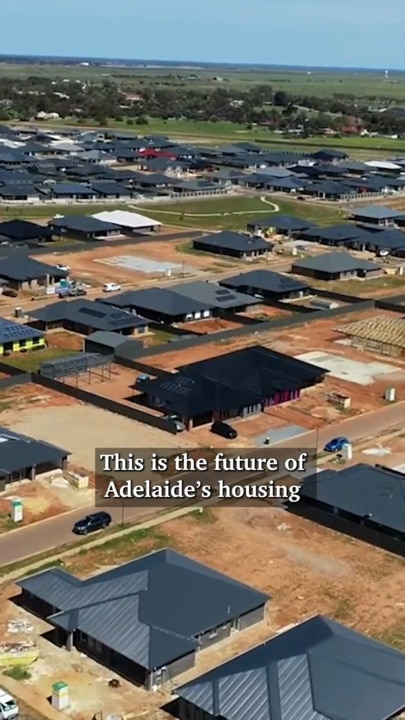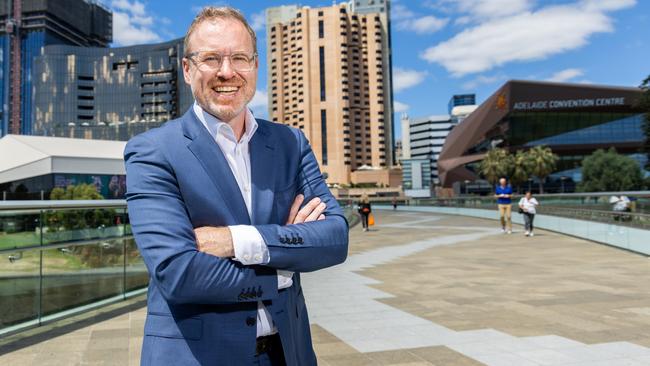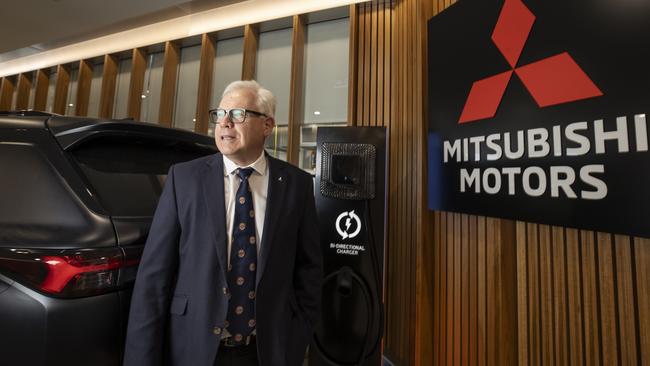Adelaide measured against 19 other cities in global benchmarking study
Adelaide has been measured against 19 other mid-sized cities in an international study. See how our capital stacks up.

Adelaide is being outpaced by similar mid-sized cities in crucial measures including housing affordability, internet connection speeds and economic performance, a global research report reveals.
In a major Benchmarking Adelaide study of 20 cities renowned for liveability, Adelaide is described as “coming into its own as a leader in industries that will shape the 21st century”, such as defence, energy, health and education.
But long-term economic deficits in attracting capital investment and lifting productivity are not easing, while commuter times and digital technology gaps are lengthening.
“Adelaide is approaching a critical juncture, where it must move with conviction in how it shapes growth for long-term advantage,” the study says.
The Committee for Adelaide research updates a 2023 report comparing Adelaide to mid-sized cities including Austin, Sacramento, San Diego, Bordeaux, Bilbao, Portland, Cardiff, Auckland, Cape Town and Penang.

Adelaide ranked eight for future economy, 12th for productivity and economic mix, seventh for business and investment dynamics and ninth for liveability, affordability and wellbeing.
But the report found productivity had slipped since 2023 and Adelaide was below average for cumulative risk capital attracted since 2002.
The city was no longer among the world’s top 100 most affordable places to study and had fallen out of both the world’s top 100 most affordable places to study and the top 200 largest metropolitan economies.
“Adelaide’s economic output per head is 30 per cent behind Australia’s average. Most of its peers match or outpace their national averages – leader Bilbao is 30 per cent ahead of Spain as a whole,” the report says.
Compiled by British urban consultancy The Business of Cities, the report was commissioned by Committee for Adelaide and partners including Mitsubishi Motors Australia, Adelaide Economic Development Authority and RAA.

Committee for Adelaide chief executive officer Sam Dighton said the city needed to capitalise on its strengths as the population approached two million, but address downfalls to be at the forefront of innovation and boosting productivity.
“Housing unaffordability, poor public transport infrastructure, congestion and active transport challenges are negatively impacting Adelaide’s appeal, and we risk losing people, and their skills, if we do not act quickly,” he said.

Mitsubishi Motors Australia chief executive officer Shaun Westcott highlighted Adelaide’s productivity decline, urging a clear, shared vision to focus on innovation.
“True productivity isn’t about working longer or harder – it’s about working smarter. By embracing new technology, training, automation and AI, we can work better, faster, and more efficiently,” he said.
More Coverage
Originally published as Adelaide measured against 19 other cities in global benchmarking study





